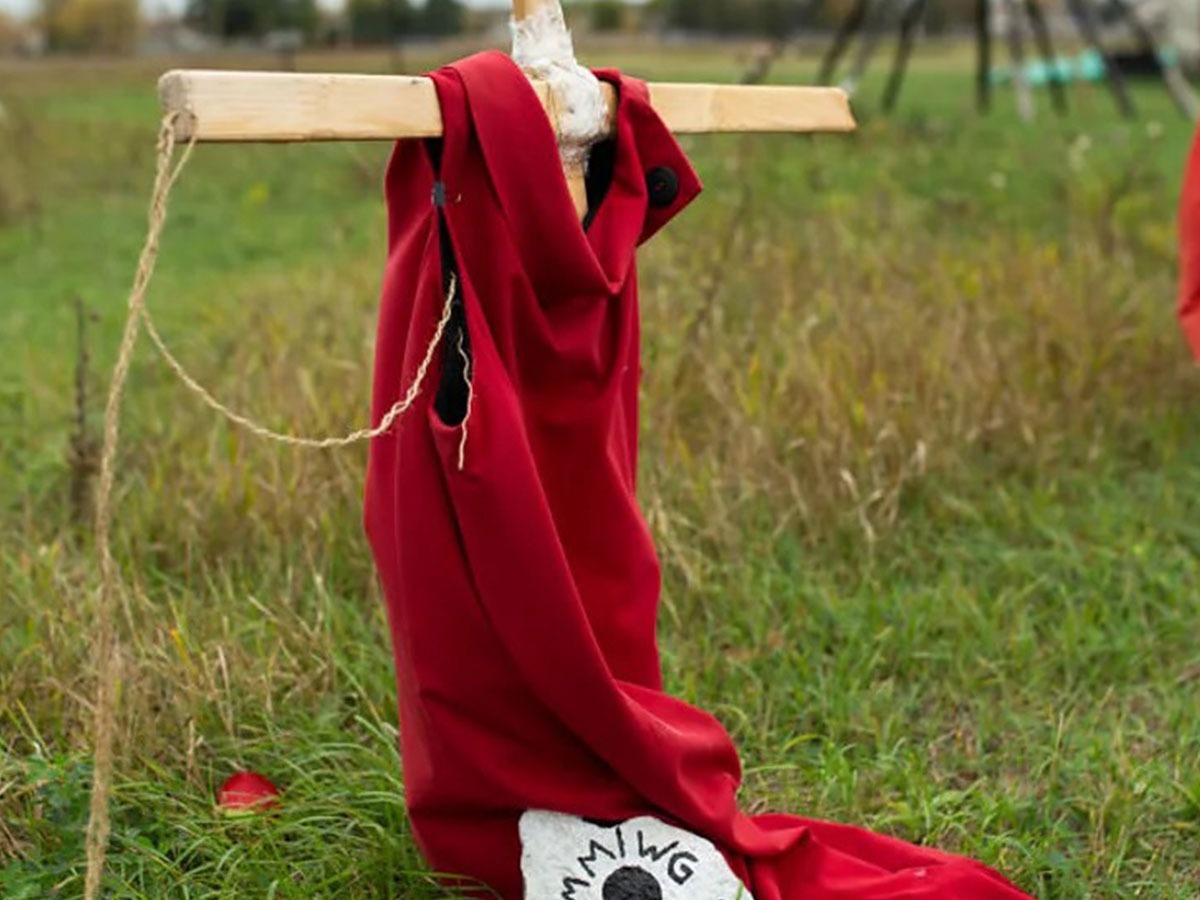

LOADING...
Back To Top

Trending The Secret Cold War
Trending Ukrainian Troops Relive “Horror
Trending Trump’s Final Campaign Push:
Trending Whose Döner Kebab? Why
Trending Smartwatches That Predict Parkinson’s
Trending Saoirse Ronan Calls Out
Trending Japan PM Vows to
Trending Israel-Iran Conflict Heats Up:
Trending 124 Dead in Sudanese
Trending European Leaders Urge Restraint

The final season of House of the Dragon paints a grim picture of war and its consequences, focusing on the futility and destruction that come with it. In a world where the characters are locked in a relentless cycle of violence, there are no clear heroes to root for.
This sense of hopelessness is summed up in the words of Ser Cristen Cole, who reflects on the inherent corruption of mankind and the fleeting nature of honour. The show, like its predecessor Game of Thrones, is steeped in moral ambiguity. Still, unlike Game of Thrones, which had characters that embodied some form of goodness or at least relatability, House of the Dragon leans heavily into the bleakness of human nature.
As the characters march towards their inevitable doom, the show dismantles the idea of noble causes or just wars. The second season, in particular, emphasizes the human cost of the Targaryen civil war, known as the Dance of the Dragons. Team Black and Team Green, the warring factions, are depicted as equally destructive, with the conflict becoming more about survival and retaliation than any grand ideals.

The series deviates from traditional narratives by refusing to offer any redemption or heroism. Characters like Rhaenyra Targaryen and Alicent Hightower, once driven by personal motivations and ambitions, become consumed by the war, leading to increasingly ruthless actions and detachment from their initial goals. The season’s depiction of dragon warfare as a metaphor for nuclear conflict further reinforces the idea that once these weapons of mass destruction are unleashed, there is no turning back. The dragons, meant to serve as deterrents, instead become tools of devastation, highlighting the show’s message that power, when wielded recklessly, leads only to annihilation.
In contrast to Game of Thrones, where the threat of the White Walkers provided a unifying cause, House of the Dragon offers no such external enemy. The war is rooted in a tragic misunderstanding, and as it escalates, the reasons behind it become increasingly meaningless. The show suggests that the true enemy is human nature itself—our capacity for greed, vengeance, and destruction.
The metaphor of dragons as nuclear weapons is clear in the show, symbolizing the catastrophic potential of unchecked power. The Dance of the Dragons is a battle not just of mythical creatures but of human failure on a grand scale. The final season drives home the point that in war, especially one fought with such devastating tools, there are no real winners—only survivors and ruins. As Daemon’s visions of the events of Game of Thrones remind us, the cycle of war and destruction will continue, making the so-called “war to end all wars” nothing more than another chapter in an endless saga of human folly.

